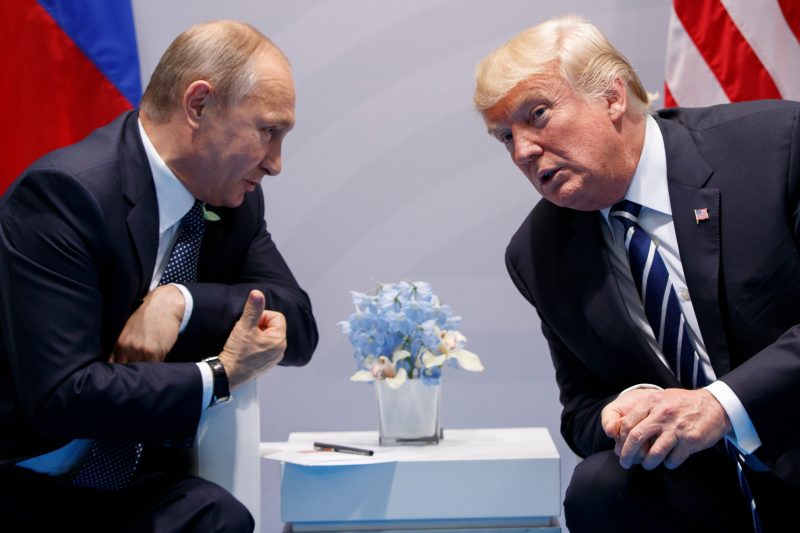
Russian Interference: Debunking the ‘Hoax’ Narrative Once and For All
In light of recent global events and the ongoing scrutiny of Russian interference in various countries, it is prudent to revisit the nuances of this complex issue. Far from being a defunct conspiracy theory, the evidence of Russian interference in elections and political processes around the world continues to serve as a pressing reminder of the challenges faced by democratic societies.
The notion that Russian interference was merely a hoax concocted by political opponents has been thoroughly debunked by numerous independent investigations and intelligence reports. These findings underscore a sophisticated and multifaceted approach by Russian entities to manipulate, influence, and sow discord within democratic systems.
One of the primary tactics employed by Russian actors is the dissemination of disinformation and propaganda through social media platforms. By leveraging these digital channels, they can target specific demographics with tailored messages aimed at exacerbating existing societal divisions and undermining trust in democratic institutions. This insidious form of manipulation operates in the shadows of the internet, where the boundaries between truth and falsehood are increasingly blurred.
In addition to the digital sphere, Russian interference also extends to more traditional methods of subversion, such as cyber attacks on critical infrastructure and the funding of fringe political groups. These efforts serve to destabilize democratic processes, create chaos and uncertainty, and ultimately weaken the foundations of democratic governance.
The implications of Russian interference are far-reaching and have the potential to undermine the very fabric of democratic societies. When the integrity of elections and political processes is compromised, the legitimacy of governments and the will of the people are called into question. This erosion of trust can have long-lasting effects on social cohesion and the functioning of democratic institutions.
As we confront the ongoing threat of Russian interference, it is imperative that we remain vigilant and proactive in safeguarding our democratic systems. This necessitates a comprehensive approach that includes robust cybersecurity measures, enhanced media literacy efforts, and greater transparency in political financing. By addressing these vulnerabilities head-on, we can mitigate the impact of foreign interference and uphold the integrity of our democratic values.
In conclusion, the specter of Russian interference serves as a stark reminder of the challenges faced by democracies in the digital age. By acknowledging the reality of this threat and taking concrete steps to counter it, we can protect the sanctity of our democratic processes and preserve the fundamental principles upon which our societies are built. It is only through collective vigilance and unwavering commitment to democratic ideals that we can safeguard the future of our nations against external manipulation and subversion.
